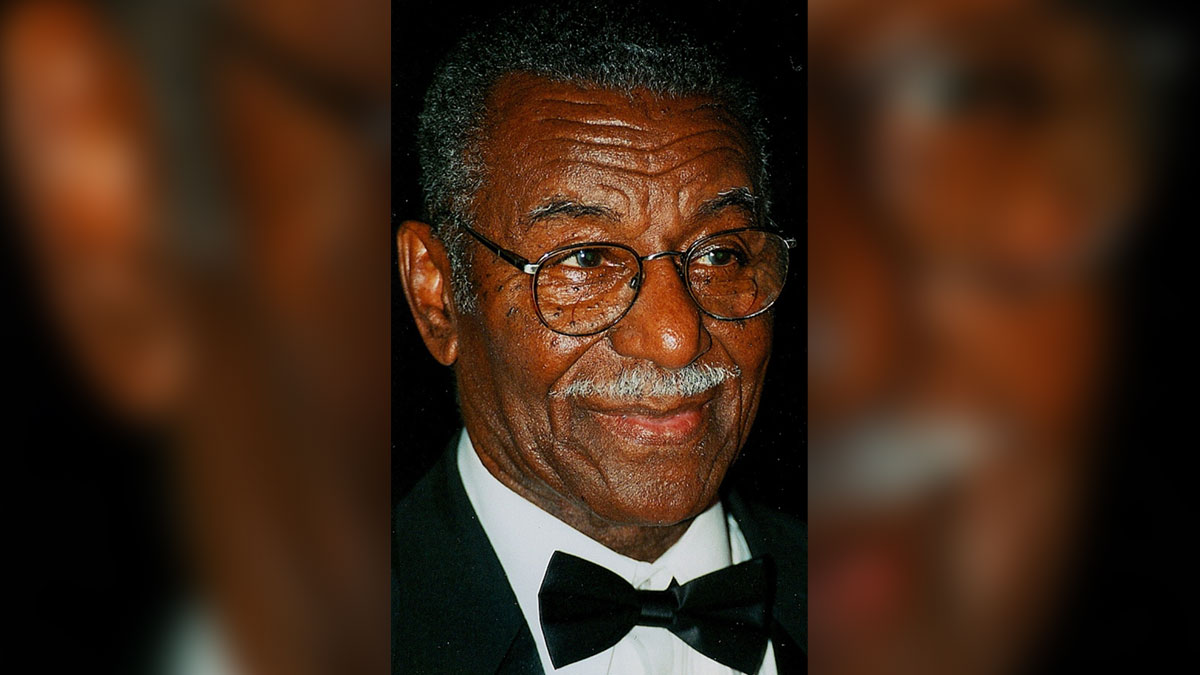
Dec. 25, 1956

Fred Shuttlesworth somehow survived the KKK bombing that took out his home next to the Bethel Baptist Church in Birmingham, Alabama.
An arriving policeman advised him to leave town fast. In the “Eyes on the Prize” documentary, Shuttlesworth quoted himself as replying, “Officer, you’re not me. You go back and tell your Klan brethren if God could keep me through this, then I’m here for the duration.’”
Shuttlesworth and Bethel saw what happened as proof that they would be protected as they pursued their fight against racial injustice. The next day, he boarded a bus with other civil rights activists to challenge segregation laws that persisted, despite a U.S. Supreme Court decision that ordered the city of Montgomery, Alabama, to desegregate its bus service.
Months after this, an angry mob of Klansmen met Shuttlesworth after he tried to enroll his daughters into the all-white school in Birmingham. They beat him with fists, chains and brass knuckles. His wife, Ruby, was stabbed in the hip, trying to get her daughters back in the car. His daughter, Ruby Fredericka, had her ankle broken. When the examining physician was amazed the pastor failed to suffer worse injuries, Shuttlesworth said, “Well, doctor, the Lord knew I lived in a hard town, so he gave me a hard head.”
Despite continued violence against him and Bethel, he persisted. He helped Martin Luther King Jr. found the Southern Christian Leadership Conference and was instrumental in the 1963 Birmingham Campaign that led to the desegregation of downtown Birmingham.
A statue of Shuttlesworth can be seen outside the Birmingham Civil Rights Institute, and Birmingham’s airport bears his name. The Bethel church, which was bombed three times, is now a historic landmark.

